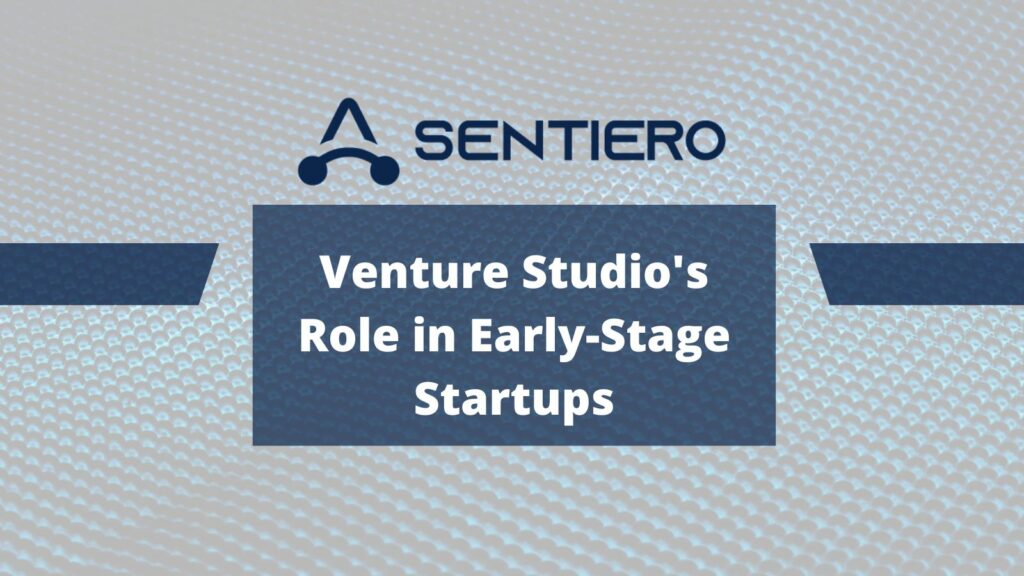
In the past few decades, early-stage startups have experienced a ton of interest in the investment world. We’ve seen an exponential increase in new ideas rising to the surface. As a result, a few key investment routes have become popular for these early-stage startups: incubators, accelerators, and venture studios. While you hear a lot about incubators and accelerators, you don’t always hear a ton about venture studios, but they actually provide a pretty ingenious approach to getting new ideas off the ground.
The Venture Studio Model
Venture studios are a unique funding option that exists by creating a startup rather than funding an existing startup. It’s a concept that builds the idea with minimal investment to the point of testing before investing too much more to start.
Venture studios create a brand new startup with new ideas from the team or ideas from their partners. The team may build out an idea into a minimum viable product (MVP) and then go out to find early customers and test the idea. They go out and validate the MVP to find these early customers and where the product may fit in the marketplace. If the idea passes these validation tests, then the venture studio seeks out the right talent in the form of founders and leaders to run and scale up the idea. If it doesn’t pass the validation phase, the idea is quickly retired and the team moves on to a new startup.
Because of this non-traditional timeline compared to a typical investment, an idea birthed through a venture studio helps reduce the risk of early-stage failure greatly. Essentially, this venture studio route tests an idea before you pour too much into it. These ventures are also typically operated and run by experienced entrepreneurs who have a keen understanding in theoretical ideas and real-world success. They aren’t necessarily emotionally tied to an idea or business concept and can look at it more objectively. There are many venture studio companies we interact with daily, but Snowflake is one of the biggest tech giants to come through the venture studio model.
Accelerator vs. Studio?
It’s easy to see the similarities between Accelerators and Venture Studios, as they both invest in early-stage ideas and have steady input from experienced leaders in business. However, accelerators often take between 5%- 10% of a startup’s equity, vs. a venture studio that typically takes between 30% to 80% of equity. Venture Studios have this arrangement typically because so much of the risk has been removed from the equation in the early-stage process. The role of entrepreneur vs. executor can look very different between the two routes. And, not every great idea is accompanied by a founder persona who is attached deeply to that concept. In this case, the concept is created and a leader is then matched to help grow that tested idea to fruition.
As a founder, where is your place? If you have a great idea you’ve built up, you may find an incubator or accelerator a better fit. Those who have not only professional and intellectual connection to a startup concept, but the emotional tie to it as the original owner of the concept are typically a fit for these routes over a venture studio. However, many smart, savvy business leaders can find a great role within a venture studio and be part of the collective idea and progression. Venture studios attract great talent who can grow and scale ideas, understand startup growth, and have amazing business acumen.
Is one route better than the other? Due to successes we’ve seen in each, we know there are use cases for each. It’s vital to understand the core benefits of each, and where they fit to see what’s the right route to consider or where you can find your role in the world of startups and investment.
